Kodo millet, scientifically known as Paspalum scrobiculatum, is a nutritious grain that belongs to the Poaceae family. It is native to India and is widely cultivated in other parts of Asia and Africa. Here’s a description of kodo millet along with its nutritional benefits and uses:
Description: Kodo millet is characterized by its small, round grains that vary in color from light brown to dark brown. It is a hardy crop that can grow in various soil conditions and is drought-tolerant, making it a resilient option for cultivation in arid regions. Kodo millet has a mildly sweet flavor and a soft texture when cooked, similar to that of rice or quinoa.
- Energy 323 kcal
- Ash 1.82
- Fat 4.10
- Gluten Nil
- Fibre 11.90
- Protein 8.53
- Carbohydrate 63.02
Health Benefits:
- Gluten-Free: Kodo millet is naturally gluten-free, making it suitable for individuals with celiac disease or gluten sensitivities.
- Rich in Protein: Kodo millet is a good source of plant-based protein, containing all essential amino acids. Protein is essential for muscle repair and growth, as well as overall body function.
- Low Glycemic Index: Kodo millet has a lower glycemic index compared to other grains like rice or wheat, meaning it causes a slower and steadier rise in blood sugar levels, making it suitable for individuals with diabetes or those aiming to manage their blood sugar levels.
- High in Fiber: Kodo millet is rich in dietary fiber, which promotes digestive health, prevents constipation, and helps control cholesterol levels.
- Rich in Iron: Kodo millet contains iron, an essential mineral that is important for the production of red blood cells and the prevention of iron deficiency anemia.
- Source of Essential Nutrients: Kodo millet provides essential nutrients like magnesium, potassium, and vitamin B6, which are important for overall health, including energy metabolism, bone health, and immune function.
- Heart Health: The fiber, potassium, and magnesium content in kodo millet may help promote heart health by reducing blood pressure, lowering cholesterol levels, and supporting cardiovascular function.
- Weight Management: The fiber and protein content in kodo millet can help promote satiety and reduce overall calorie intake, making it beneficial for weight management and appetite control.

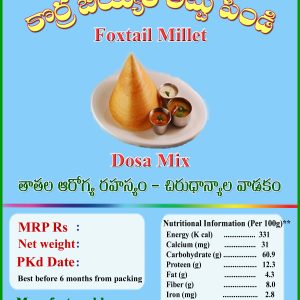
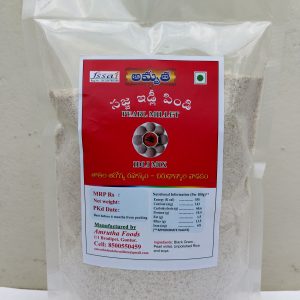
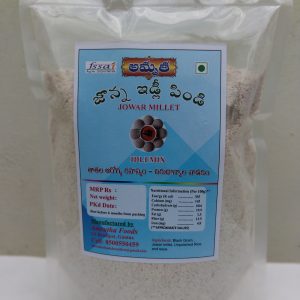
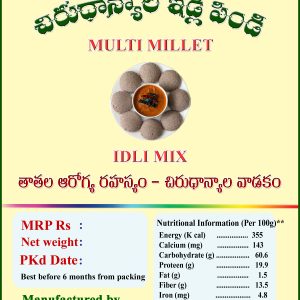

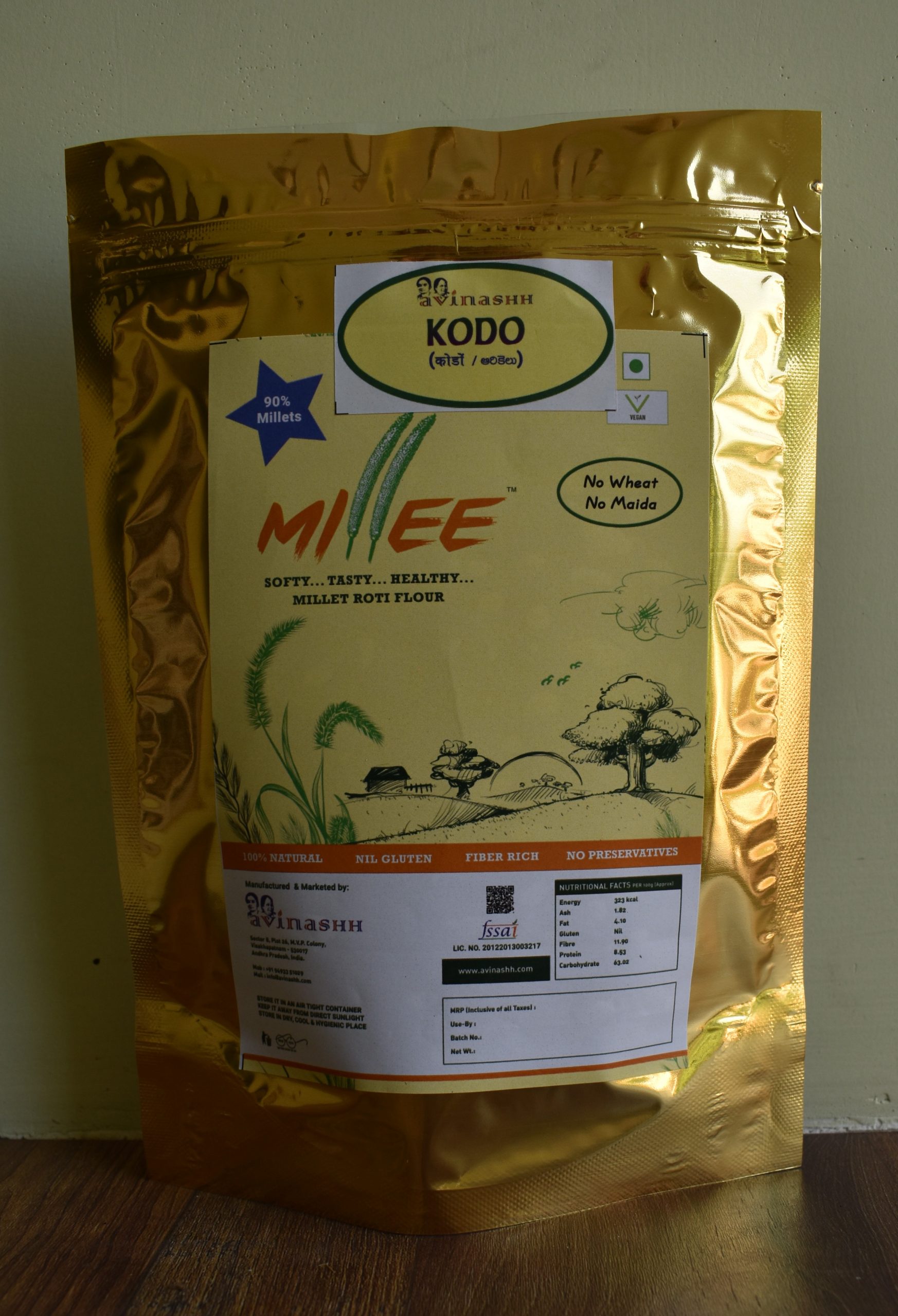

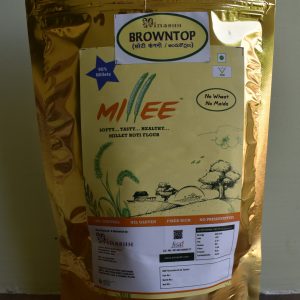
Reviews
There are no reviews yet.